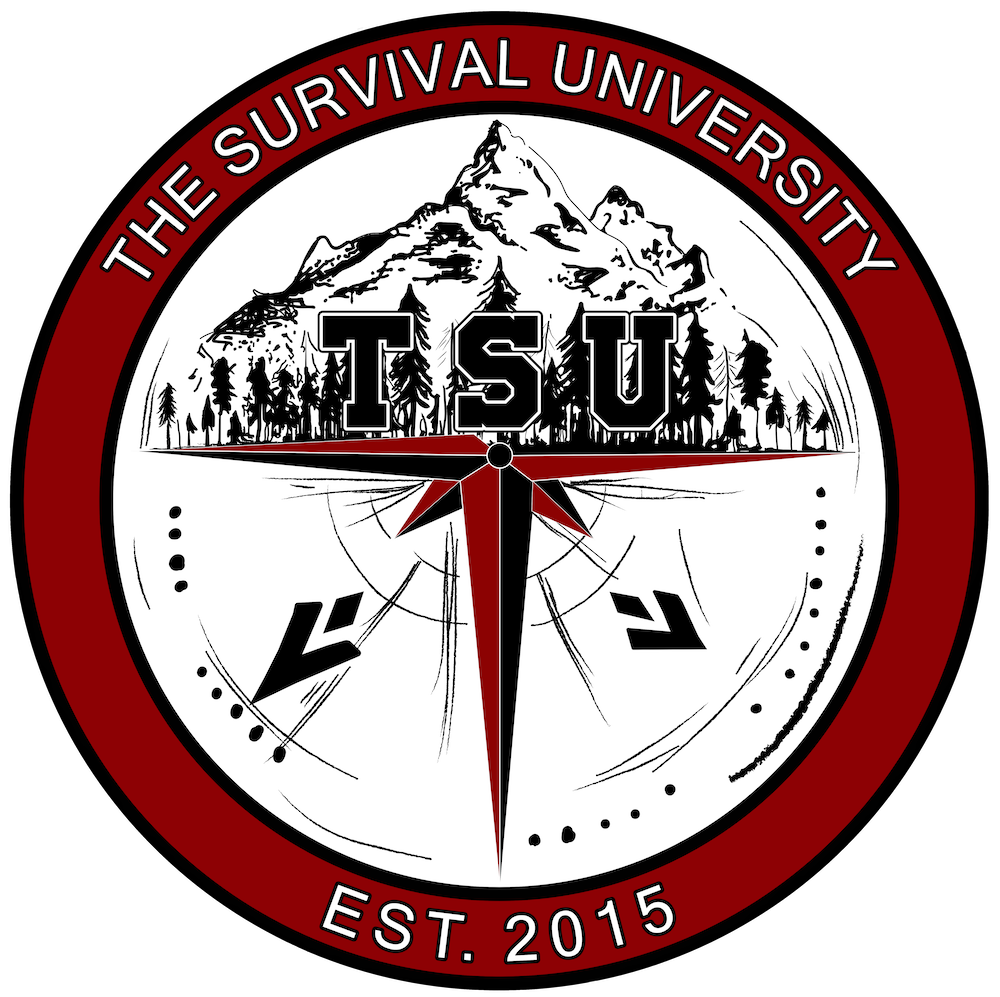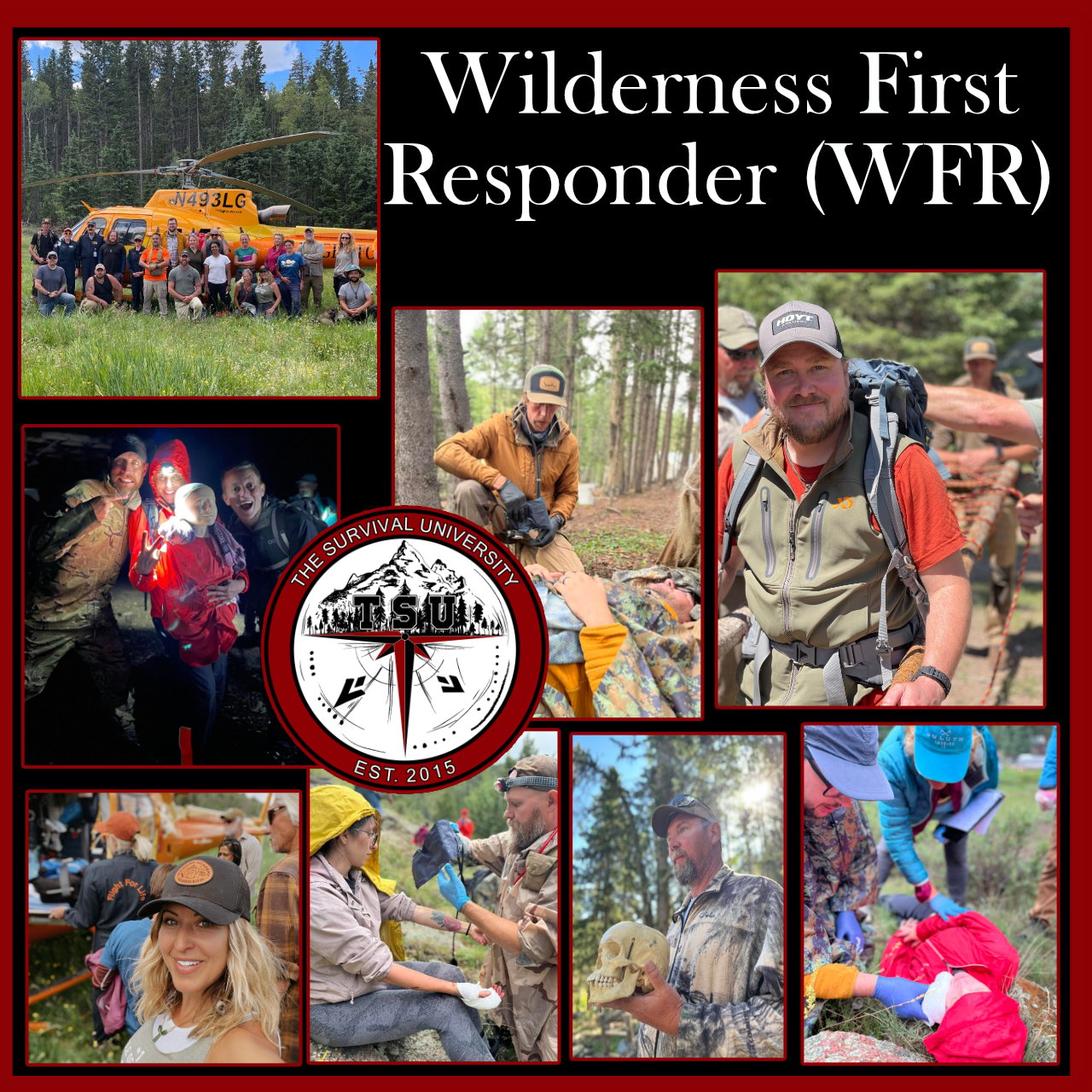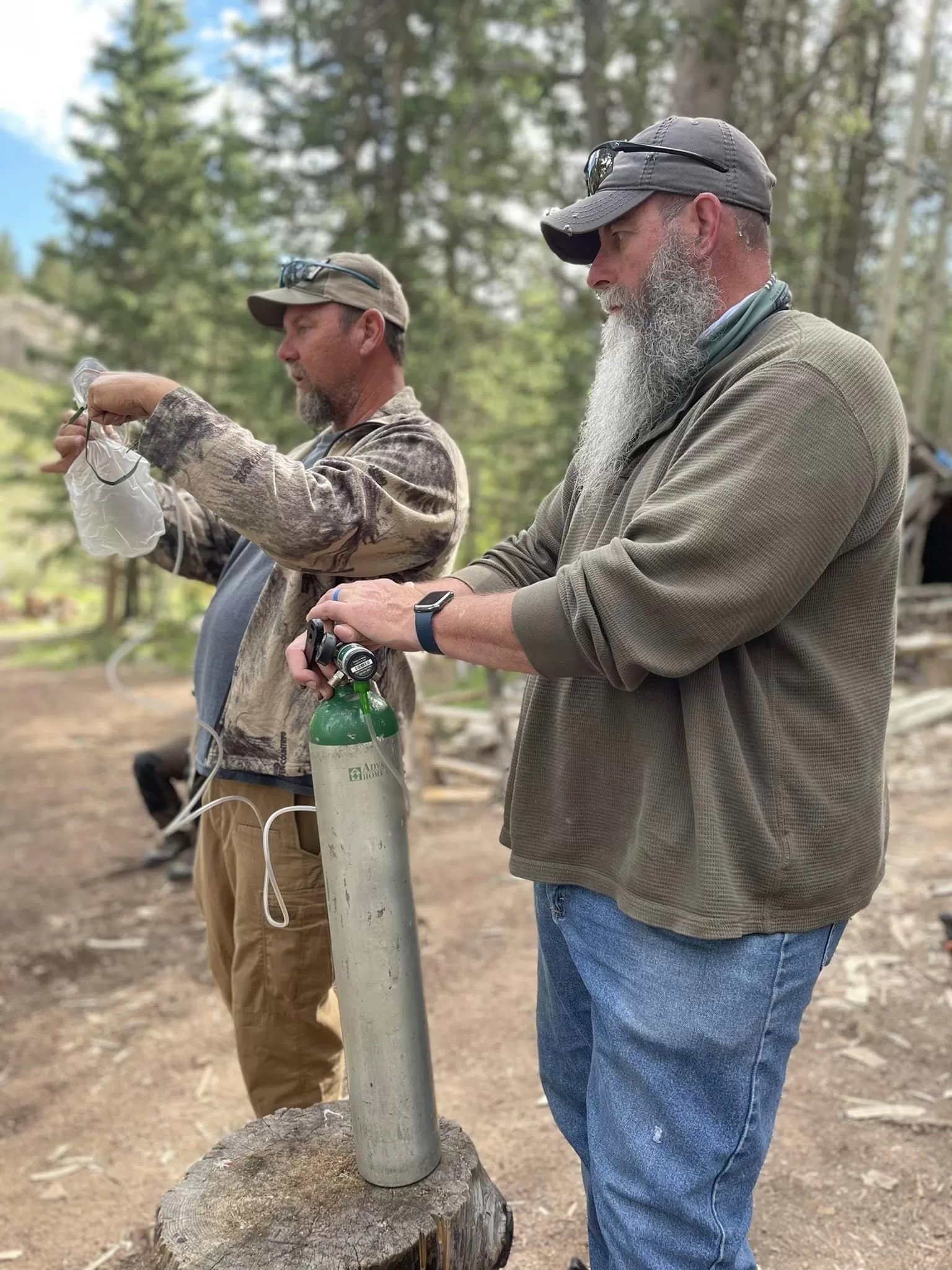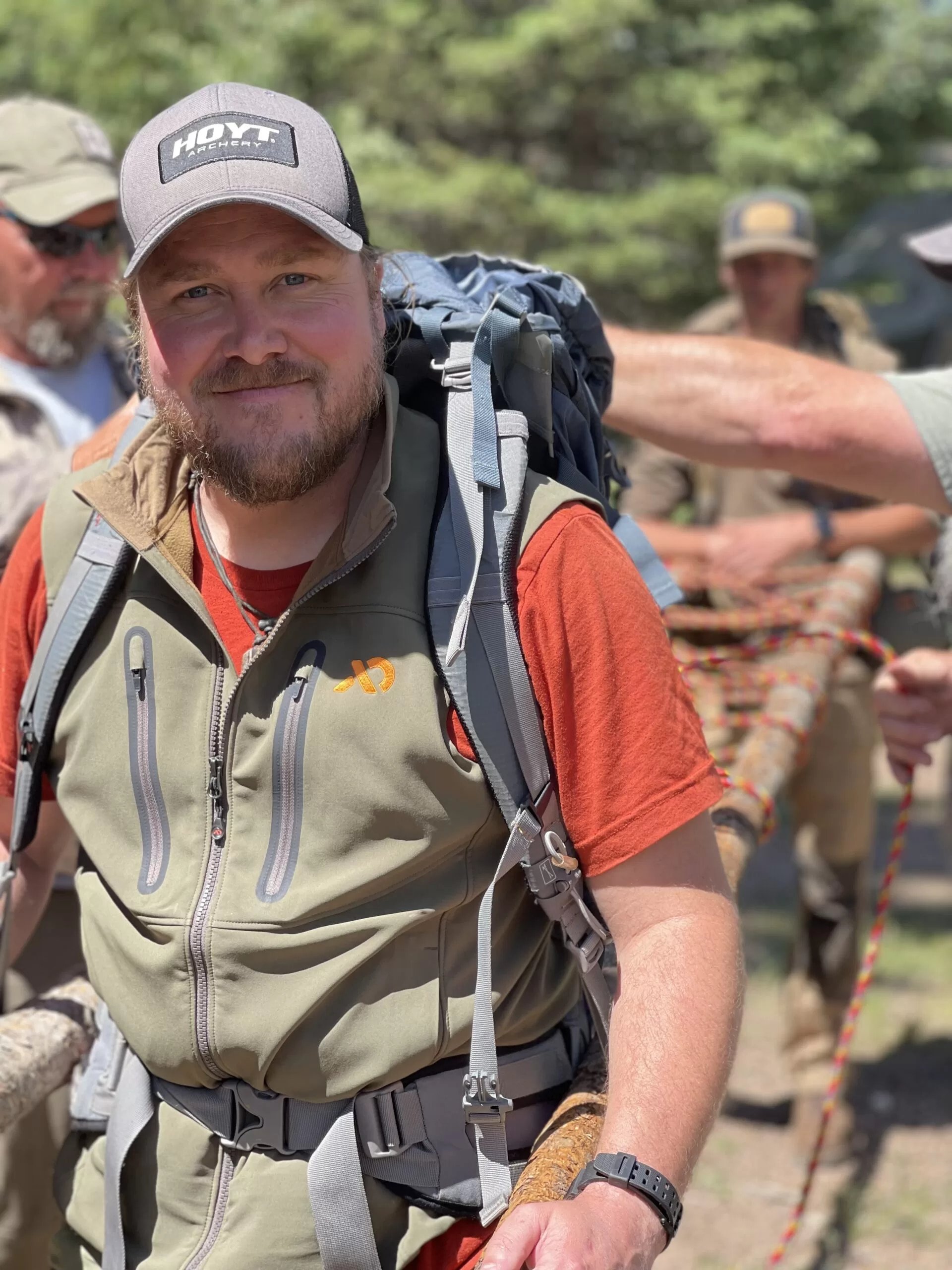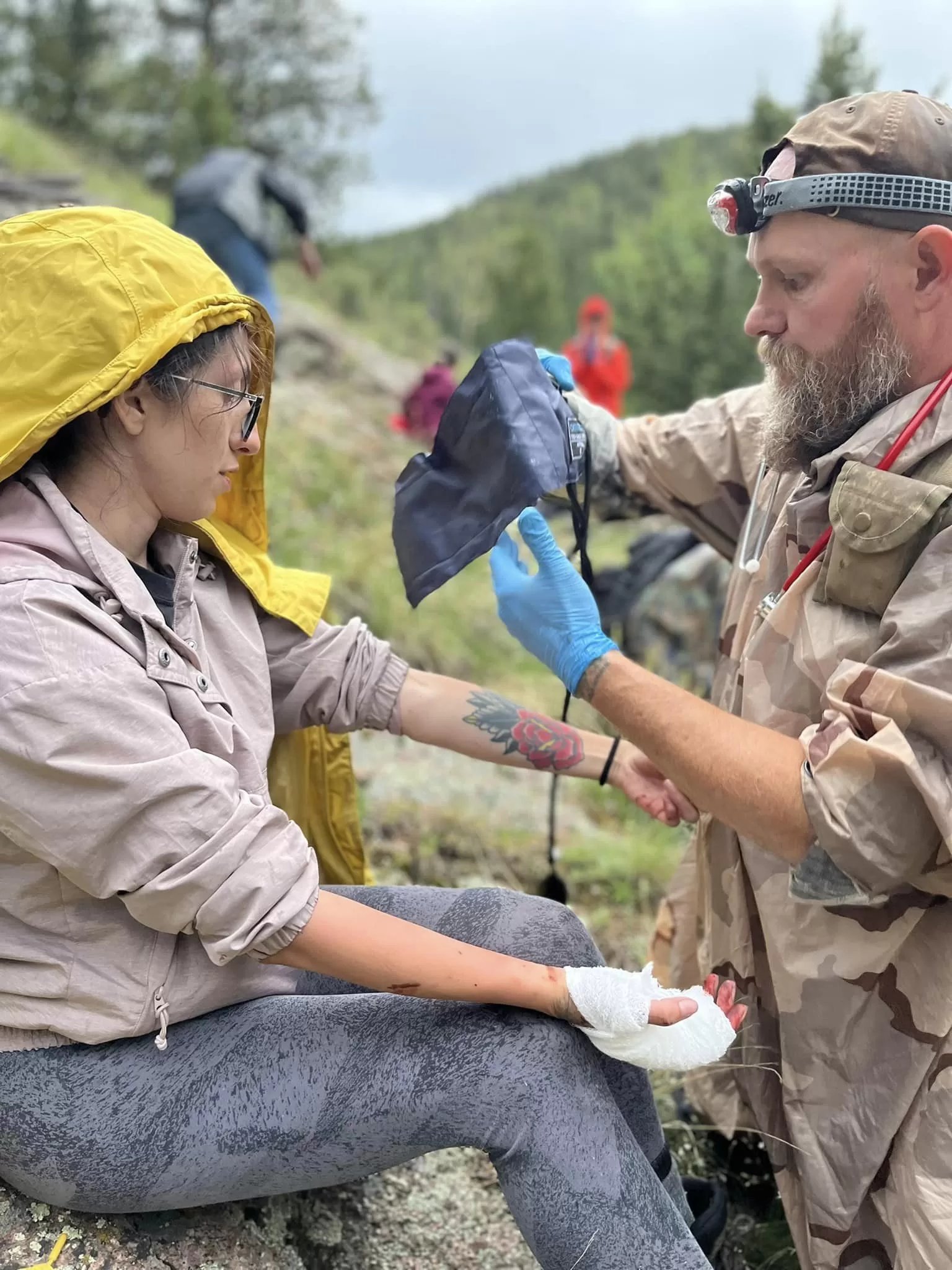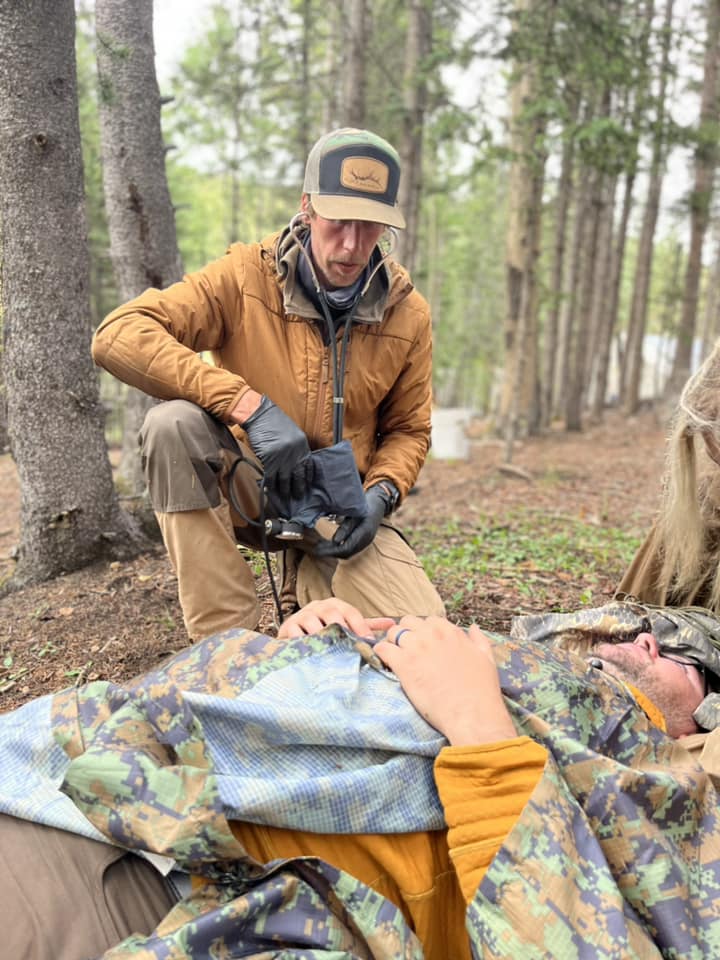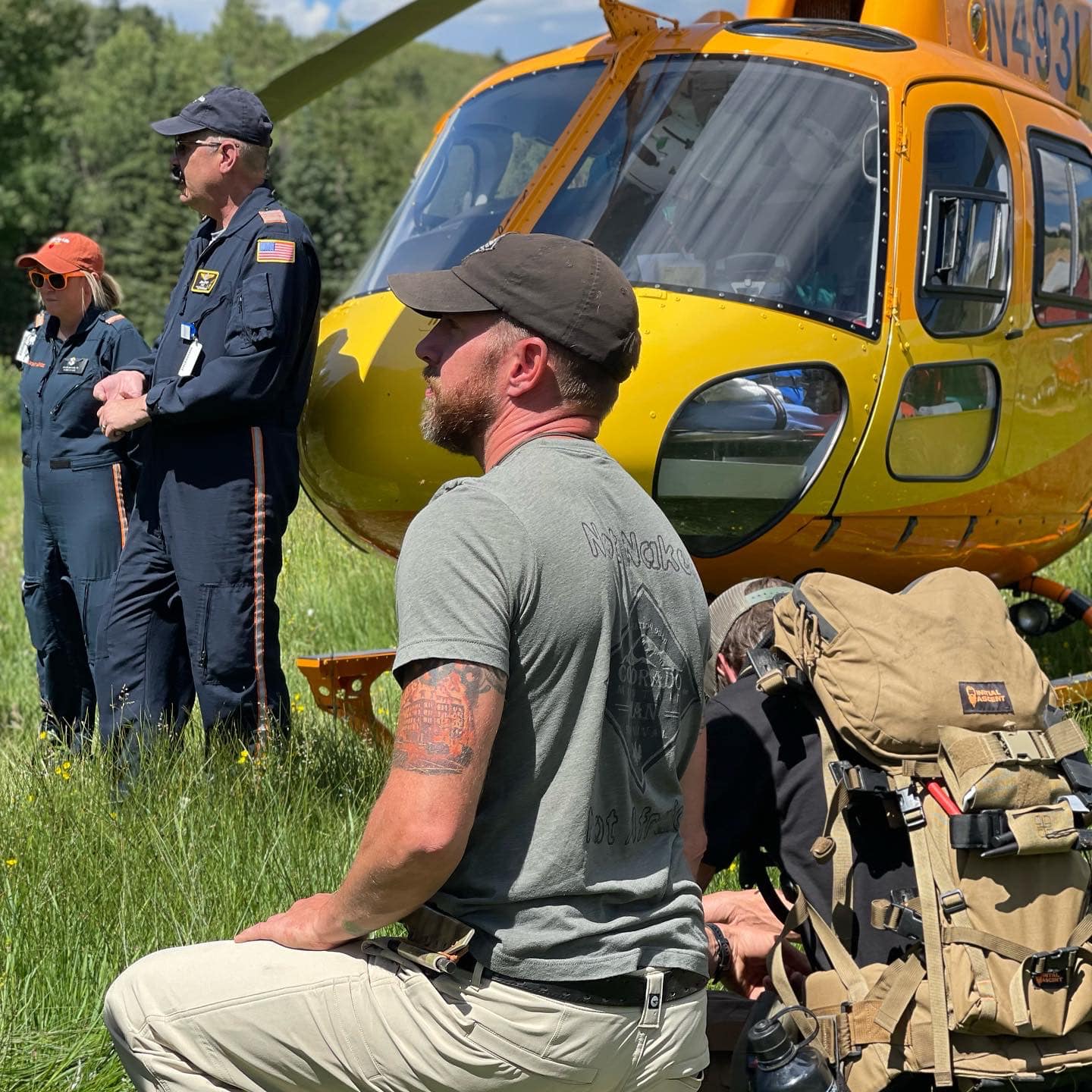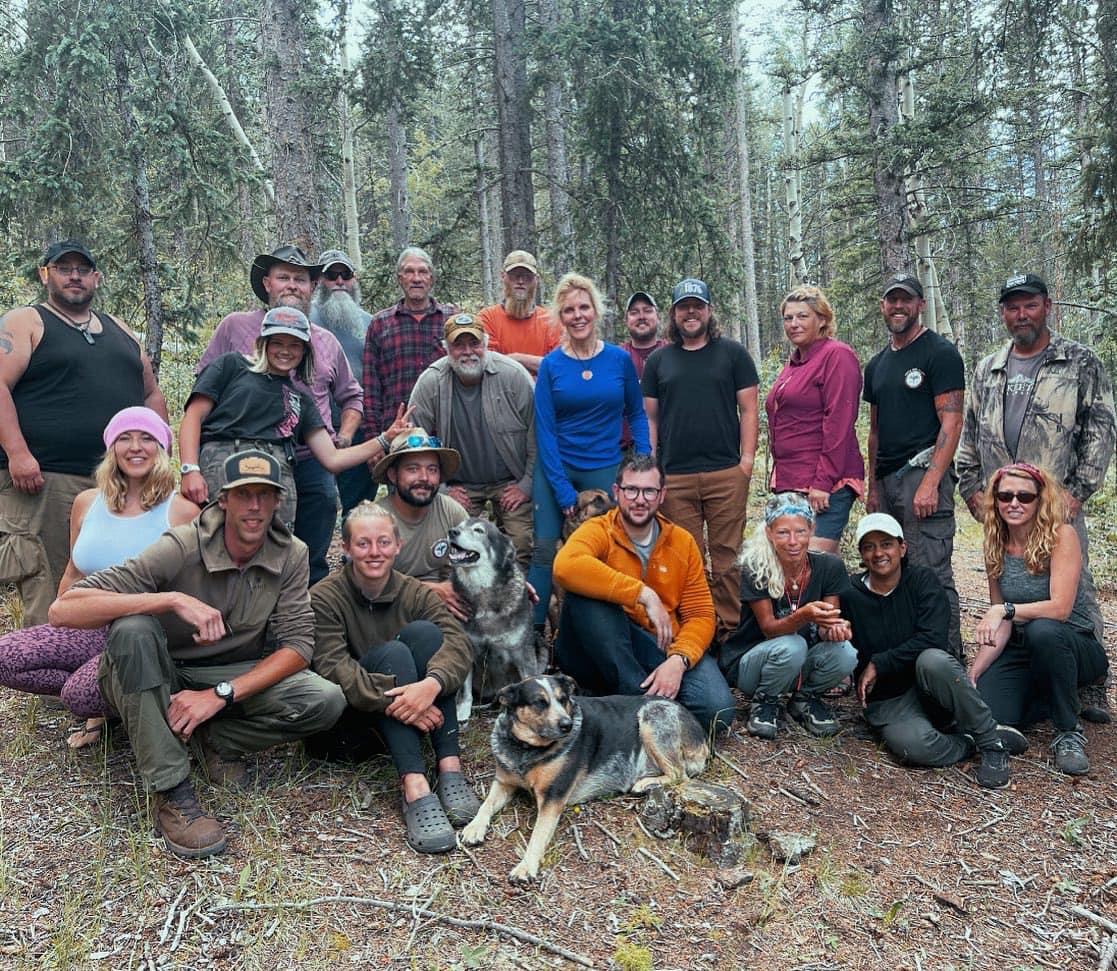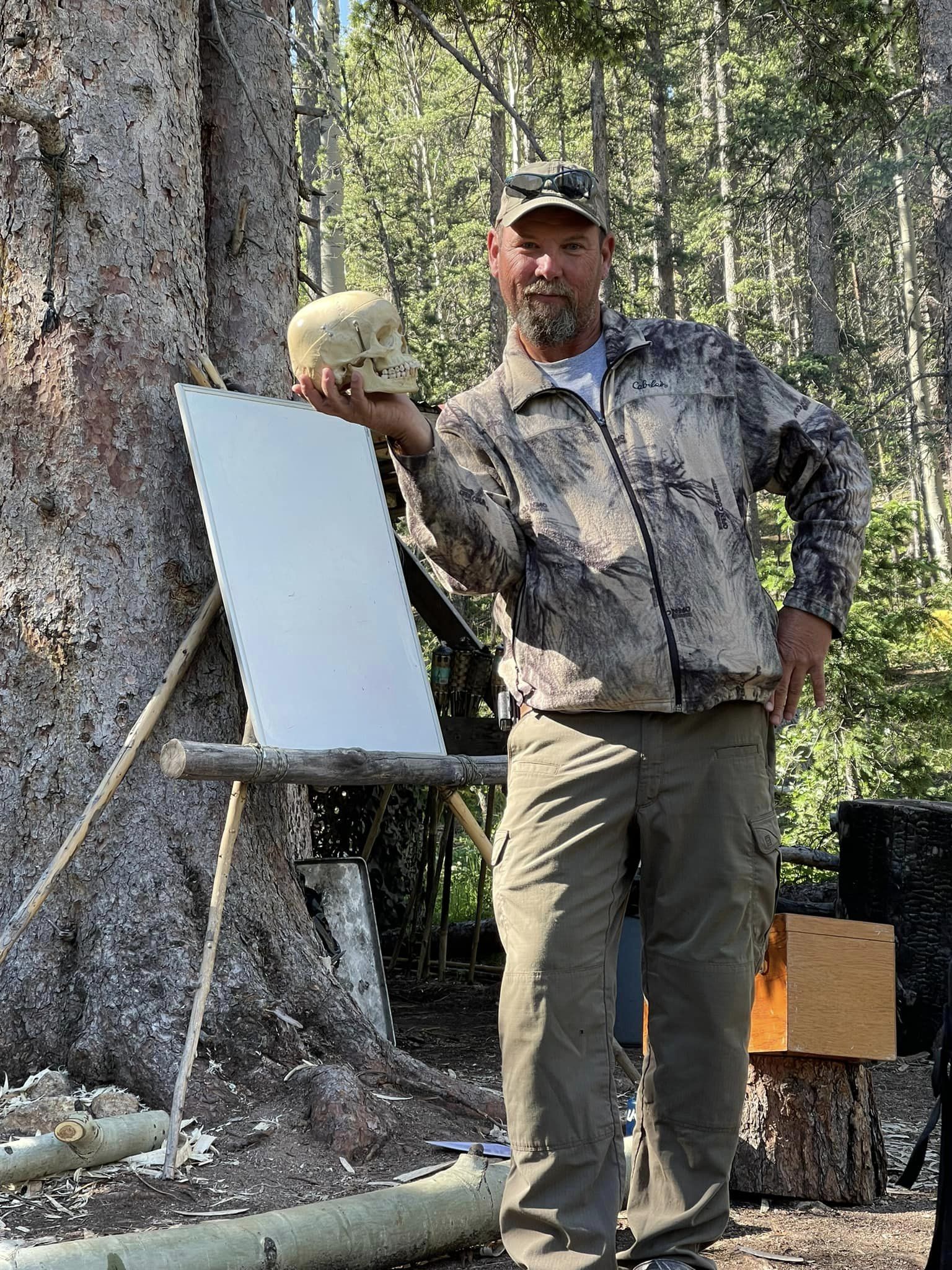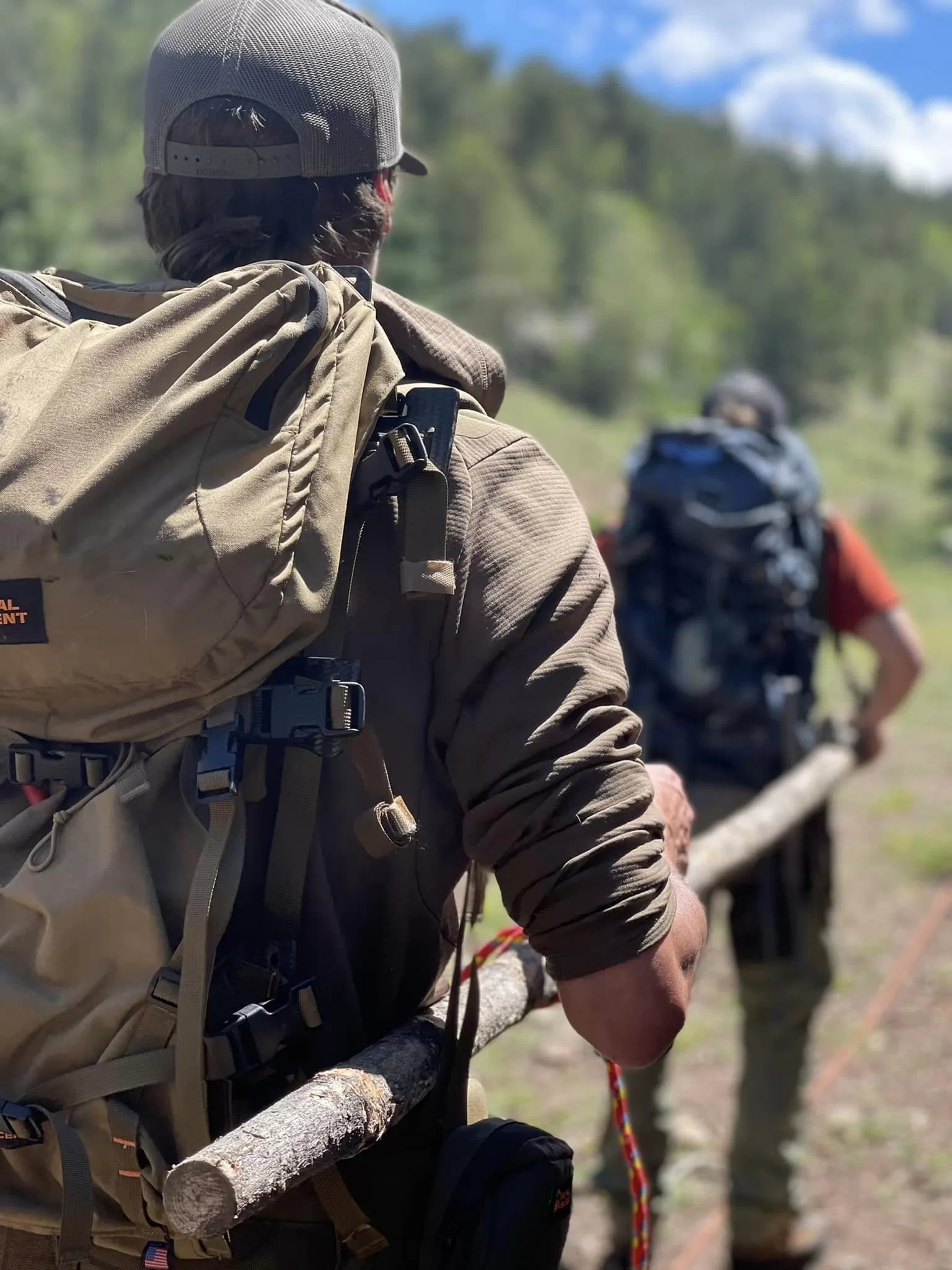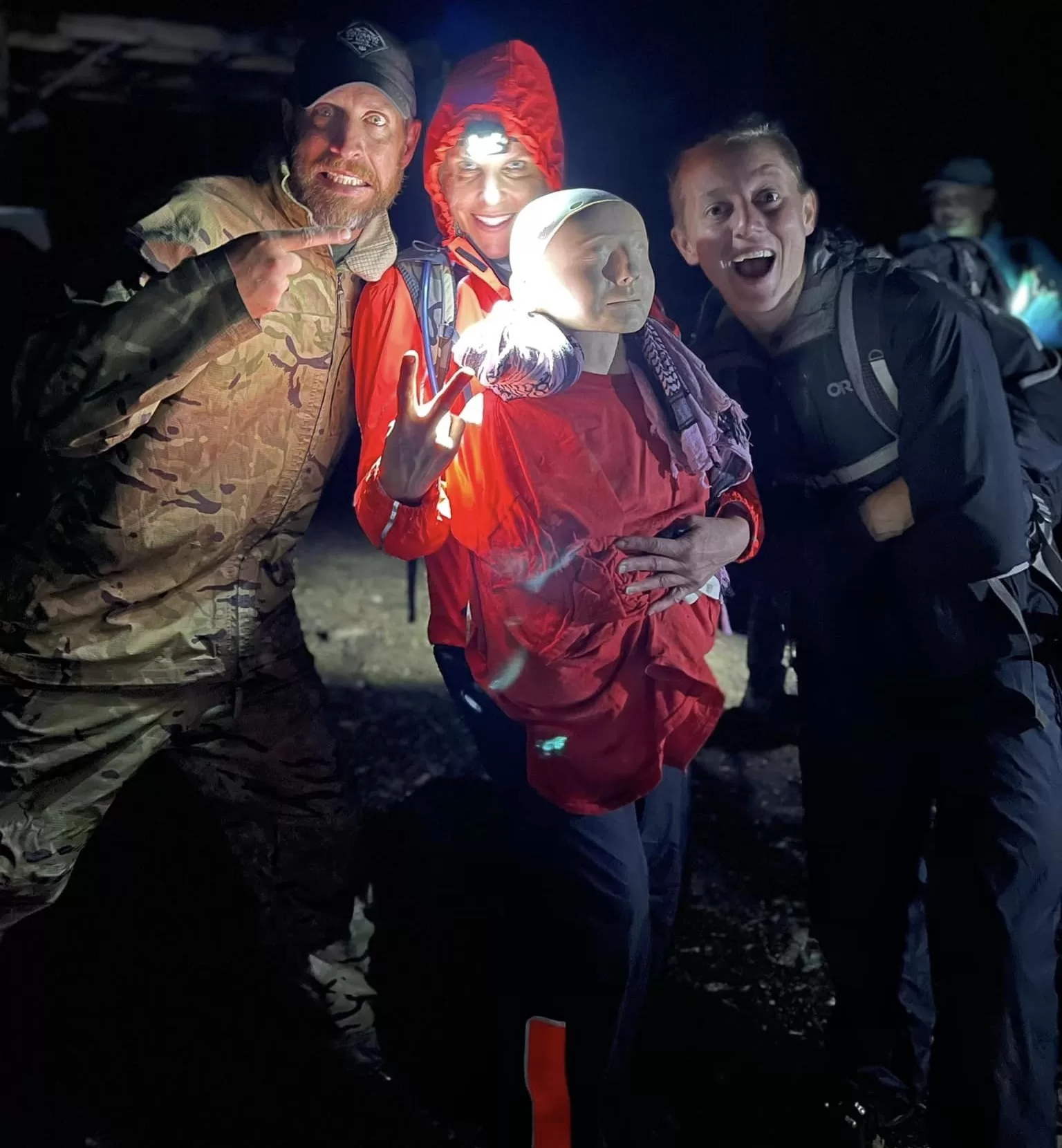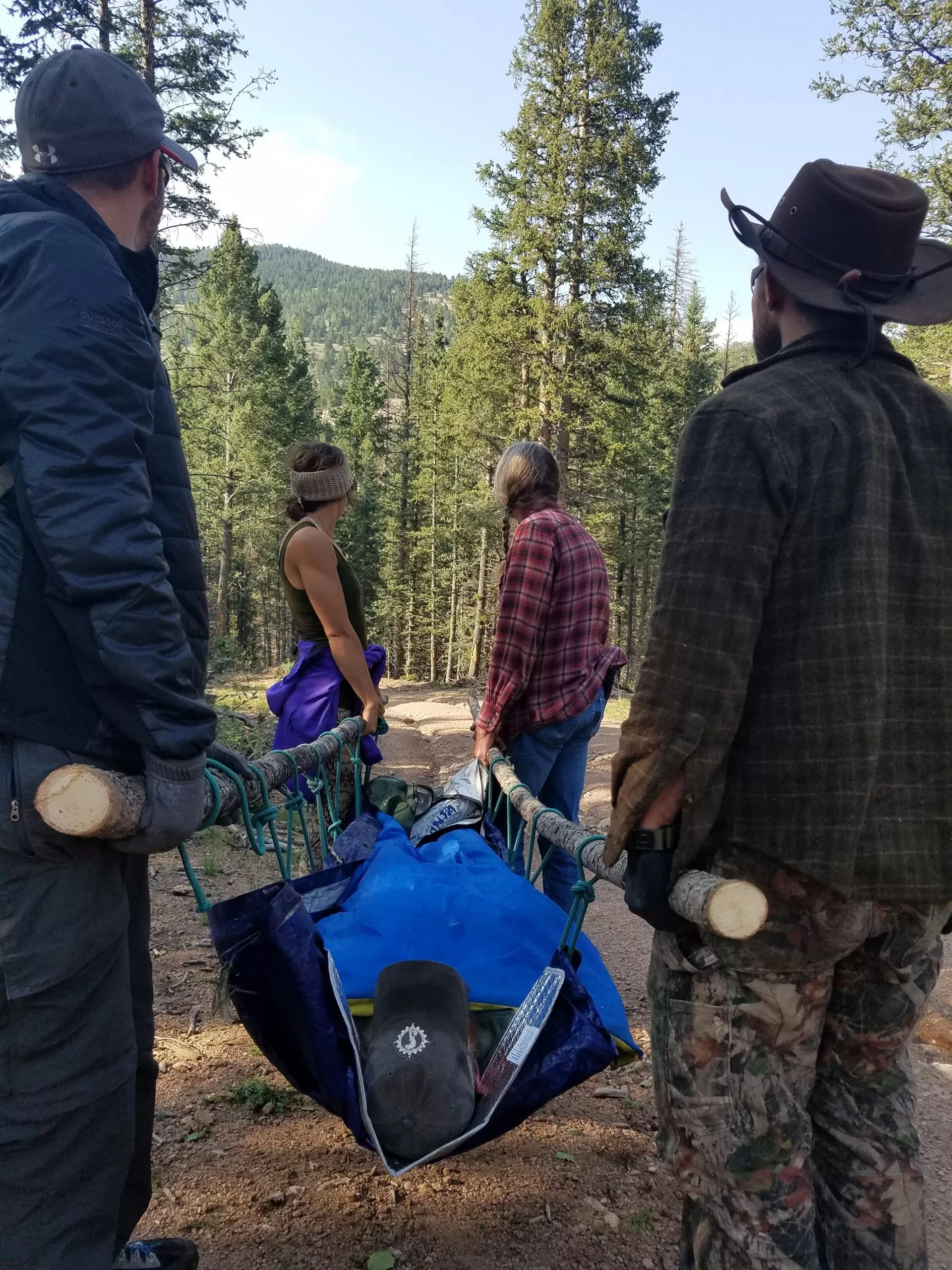⇠ Back to Products
WILDERNESS FIRST RESPONDER (WFR)
$850.0
Are you looking for an exciting opportunity to expand your medical knowledge and enhance your ability to provide improvised medical care? If so, then becoming a Wilderness First Responder (WFR) is a perfect fit for you! Our intensive seven-day WFR program is recognized as the “Gold Standard” in wilderness medical care and is designed to equip non-medical professionals with the skills necessary to handle medical issues in backcountry environments.
Dates
July 15-21, 2024
COURSE DESCRIPTION
Are you looking for an exciting opportunity to expand your medical knowledge and enhance your ability to provide improvised medical care? If so, then becoming a Wilderness First Responder (WFR) is a perfect fit for you! Our intensive seven-day WFR program is recognized as the “Gold Standard” in wilderness medical care and is designed to equip non-medical professionals with the skills necessary to handle medical issues in backcountry environments.Whether you are a wilderness guide, outdoor instructor, outdoor educator, Search and Rescue (SAR) team member, ski patrol, medical personnel for adventure races/events, missionary, or expedition medical team member, this program is a must-have for anyone working in the outdoors. As a WFR, you will learn to prevent and identify medical problems, manage medical issues effectively in the field, and recognize when to safely evacuate patients with life-threatening problems. With this training, you will have the confidence to handle any medical emergency that arises in the wilderness.
OUR CURRICULUM INCLUDES
- Human Anatomy and Physiology
- Patient Assessment Skills
- Vital Signs and Homeostasis
- Airway Adjunct Indication and Use
- Indications and Use of Medical Oxygen
- Recognizing and Treating Soft Tissue Injuries
- Bleeding Control and Shock Management Techniques
- Tourniquets and Hemostatic Agents
- Alternative Wound Closure Techniques
- Bone Injuries and Splinting
- Improvised Traction Splints
- Strains and Sprains
- Dislocation Reduction Techniques
- Head and Spinal Injuries
- Abdominal and Thoracic Issues
- Burns and Thermal Injuries
- Bites, Stings and Envenomation
- Altitude Illness
- Drowning, Lightning and Avalanche Concerns
- Heat and Cold Related Issues
- Medical Emergencies in the Backcountry
- Introduction to Rotary Aircraft Ground Operations
- Emergency Carries and Improvised Litters
- Lost Person Mentality and Behavior
- Medical Kit Mentality
- Medical Leadership
- Medical Considerations in Remote Expedition Planning
- Incident Command Options for Wilderness Operations
- Day and night practical exercises are a critical learning tool for this material. This program is physical in nature, and a reasonable level of fitness is expected of all participants. Certification is valid for two years. Adult, child and infant CPR and AED use is included as part of this program.
Assessment and Prioritization One of the most critical skills that WFRs must master is the ability to assess a patient’s condition and prioritize treatment. In a wilderness setting, medical resources are often limited, and evacuations can take a long time to arrange. Therefore, WFRs must be able to quickly and accurately assess a patient’s injuries or illness and prioritize the most critical issues for treatment.
Trauma and Injury Management WFRs are trained to manage various types of trauma and injuries, such as fractures, dislocations, sprains, and lacerations. They learn how to stabilize injuries, control bleeding, and manage pain. Students also learn how to perform basic medical procedures, such as wound cleaning and dressing, splinting, and use of traction devices.
Environmental Emergencies Students in a WFR class will learn how to identify and manage environmental emergencies, such as hypothermia, hyperthermia, dehydration, and altitude sickness. They learn how to prevent these conditions and how to manage them when they occur. This training includes topics such as heat exhaustion, heat stroke, frostbite, and immersion injuries.
Medical Emergencies WFRs must also be equipped to handle medical emergencies such as anaphylaxis, asthma, heart attacks, and seizures. Students learn how to manage these emergencies, provide basic life support, and use medical equipment such as automated external defibrillators (AEDs).
Legal Considerations and Medications WFRs must understand the legal and ethical considerations surrounding medication administration in a wilderness setting. They must also know which medications are appropriate for certain conditions and how to safely administer them. WFRs also learn about the legal implications of administering medications without a prescription.
Evacuation and Rescue WFRs are trained to evacuate patients safely and efficiently from remote areas in a variety of settings, including on foot, by vehicle, or by air. They learn how to assess the need for evacuation, make a plan, and execute it.
This Wilderness First Responder class provides students with comprehensive training in emergency medical care in remote and challenging environments. Students will learn how to assess and prioritize injuries, manage trauma, deal with environmental and medical emergencies, administer medication appropriately, and safely evacuate patients. These skills are essential for anyone working or traveling in wilderness areas and make WFR training a must-have for outdoor enthusiasts, adventurers, guides, and anyone else who spends time in remote wilderness settings.
LENGTH
7 days/6 nightsACCOMMODATIONS
If students do not wish to camp with us, the town of Cripple Creek is a short 15 minute drive from our location and Woodland Park is 30 minutes away. Students will be responsible for making their own reservations with nearby hotels. We do have a central community campfire location with a few designated campsites but mostly offer dispersed camping. Students will be able to drive their car within 100 feet of the main camp and will not have to hike gear in for long distances.- Shelter Lodging: Students can stay in one of our 20 person GP Medium tents when not running field exercises or may stay in their own tents, campers, vehicles or a primitive shelter. Our tents are complete with wood burning stoves for cold weather conditions. This is a shared tent for all students that wish to use it.
- Sanitation/Hygiene: A portable restroom and potable water will be provided at main camp.
FOOD AND WATER REQUIRED
Water will be provided but students will need to bring their own food. We recommend quick field expedient meals such as freeze dried hiking meals or MRE’s. They can quickly be made at our primitive camps and won’t slow down the learning process. However, students may bring any food that they wish to cook over the campfire or on their own personal camp stove.Food can be purchased locally at nearby facilities. Walmart and several local eateries are within a reasonable driving distance.
SUGGESTED GEAR LIST
We do not provide students with gear unless they have purchased it from us ahead of time. Not much gear is needed for our courses, though good equipment does speed the learning process up greatly! Gear does not have to be purchased from our store to attend the course, but we recommend survival gear of equivalent quality.- Fixed blade knife (Preferably a full tang bushcraft style knife WITHOUT a serrated edge)
- Poncho or Rain Gear
- Outdoor Clothing and appropriate footwear
- Folding hand saw
- Overnight Camping Gear: Tent, sleeping bag, ground pad, etc
- 100’of 550 Paracord
- Shemagh or large cotton scarf
- Headlamp and extra batteries
- Cooking pot and eating utensils
- Single walled metal canteen
- Sunscreen and sunglasses
- Insect repellent
- Small Backpack
- Large College ruled notebook (there will be a lot of notes)
- Pen/Pencils
